Breast cancer is the most common type of cancer in the UK and affects one in eight women during their lifetime. Risk factors include age and family history which you can’t change. However, according to the World Health Organisation, a third of breast cancer cases are thought to be preventable. ‘There is good evidence that you can reduce your risk by keeping a healthy weight, staying active and reducing your alcohol intake,’ says Dr Rachel Orritt, health information officer for Cancer Research UK.
Research also shows that there may be other, less well-known ways that women can reduce their risk of developing this disease.
Statins
Women who take statin drugs to reduce bad cholesterol in the blood are 45 per cent less likely to develop breast cancer, according to research presented at the European Society of Cardiology conference in Barcelona held in August 2017. The study of 1.2 million women also found that those women who took statins and did go on to develop breast cancer improved their chances of surviving the disease by 40 per cent. Paul Carter, of Aston University, Birmingham, who lead the research says: ‘This gives a strong indication that statins produce this protective effect in breast cancer.’
Rachel Orritt of Cancer Research UK says it is ‘far too early to say’ if all women should be given statins to help ward off breast cancer. ‘So far, there isn’t enough evidence to say that statins help to reduce breast cancer risk.’
Katherine Woods, senior research communications manager of Breast Cancer Now, agrees that more work needs to be done. ‘While recent studies have suggested that some statins may be useful for treating breast cancer, we ultimately need to see clinical trials to answer this question definitively and to better understand the possible risks and benefits.
In the meantime, we’d encourage anyone with questions or concerns about their breast cancer risk or current treatments to speak to their GP or oncologist.’
Mushroom soup
Eating mushrooms and other edible fungi daily could cut your risk of getting breast cancer by two thirds, according to a study published in the International Journal of Cancer in 2009. Women in China who ate a single serving of mushrooms each day (10 grams) or more, substantially cut their risk of developing the disease compared to non-mushroom eaters. Possible reasons include the fact mushrooms may have anti-cancer effects. Another reason could be the high amounts of Vitamin D found in fungi.
‘Lower levels of circulating Vitamin D in the blood has been linked to a higher risk of breast cancer, but this is not the same as saying that Vitamin D wards off breast cancer, ’ explains Michelle Harvie, a dietitian and breast cancer specialist who is a spokeswomen for the British Dietetic Association. She points out that repeated studies have failed to prove a link with higher dietary Vitamin D and lower risk of developing the disease. In fact, giving women more Vitamin D in their diets doesn’t seem to make any difference to breast cancer risk.
Spaghetti sauce
Cooked tomato sauces, used in many Italian pasta dishes, are jam packed with the powerful antioxidant lycopene. A study published n the Journal of the National Cancer Institute in 2012 found that lycopene was particularly effective at reducing the risk of women developing a hard-to-treat type of breast cancer known as an oestrogen receptor negative tumour. Women who ate most lycopene in their diets had a 22 per cent reduced breast cancer risk.
‘You can find a trial to prove anything and the evidence linking lycopene to cancer risk reduction is quite weak,’ says dietitian Michelle Harvey, who works at the Prevent Breast Cancer Research Unit at the University Hospital of South Manchester. ‘Lycopene is a phytonutrient which may be good for our hearts and should be part of a healthy balanced diet. Nutrition is all about balance. Eating cooked tomatoes isn’t going to do you any harm, but it is not going to stop you getting cancer either.’
Sunbathing
Women who spend a lot of time outdoors with their skin exposed to the sun are 25-45 per cent less likely to develop breast cancer than women who cover up or stay in the shade, according to a study of 2000 women by researchers at Boston University School of Medicine. This could be down to the fact that the skin manufactures Vitamin D in the presence of sunlight.
‘Vitamin D has been associated with reduced breast cancer risk because it is one of the vitamins that activate macrophages – the cells that attack and kill pathogens and bad bacteria,’ says Mr Giles Davies a consultant oncoplastic surgeon based at the King Edward VII Hospital in London. If you have a Vitamin D deficit, this makes your immune system less able to fight off infection and destroy cancerous cells.
Tackle chores with gusto
Surprising research on more than 200,000 women in European countries found that doing household chores was a better way to protect yourself against breast cancer than playing sport. Dusting, mopping and vacuuming were all found to reduce the risk in pre-menopausal and post-menopausal women, in the 2006 report published in the journal Cancer Epidemiology Biomarkers and Prevention. Housework cut breast cancer risk by 30 per cent among premenopausal women and 20 per cent among post menopausal women. The researchers suggested that frequent moderate exercise, associated with chores, was better than intense, but less frequent recreational physical activity. Anything that makes your heart rate go up and gets you a bit out of breath, including household chores, is associated with a reduced risk, according to Dr Rachel Orritt of Cancer Research UK. ‘Try and build in your physical activity into your daily life and it is much easier to stay fitter over time. You don’t have to sign up for an expensive gym.’
- Biden Declines Second Term: Health Concerns - 23rd July 2024
- New catheter coating stops bacteria cells from swarming - 10th June 2024
- AI-designed catheters could dramatically reduce urinary tract infections - 10th June 2024

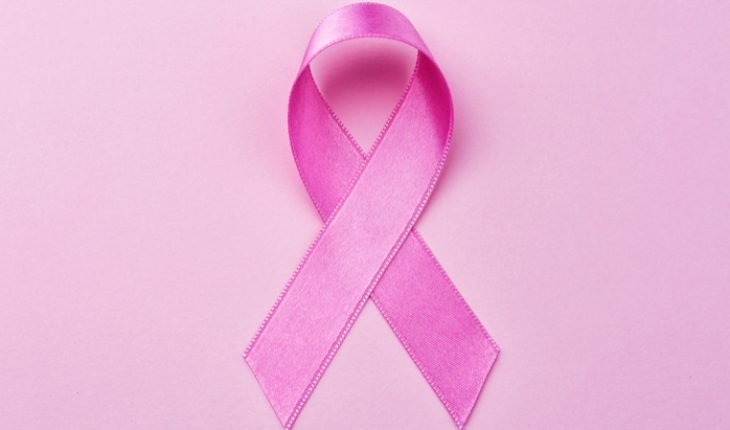
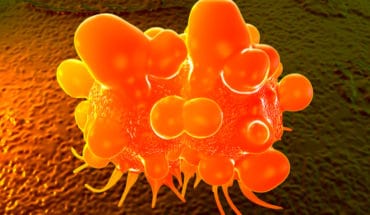
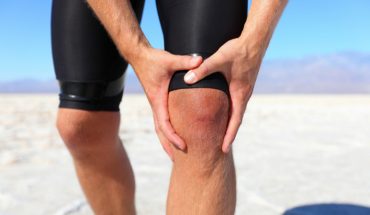
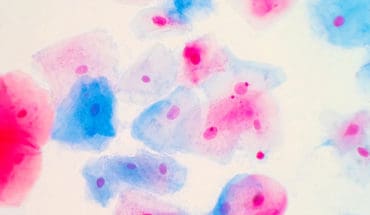
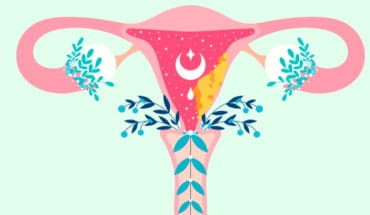


The key to reduce the risk of breast cancer, is to have detailed knowledge about it. As well maintaining good health and healthy habits would increase the level of maintaining better life. While having breast cancer symptoms contact the oncologist at the Best radiation therapy New York( http://www.advancedradiationcenters.com/cancers/breast-cancer/ ) and get all the necessary information about it. If diagnosed with breast cancer, go for the best suitable radiation therapy Bronx treatment.